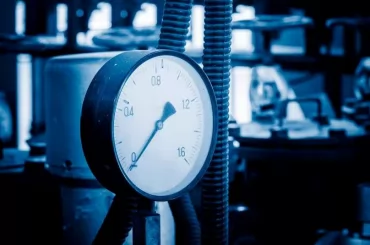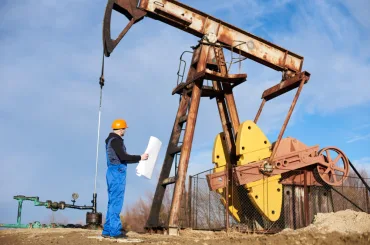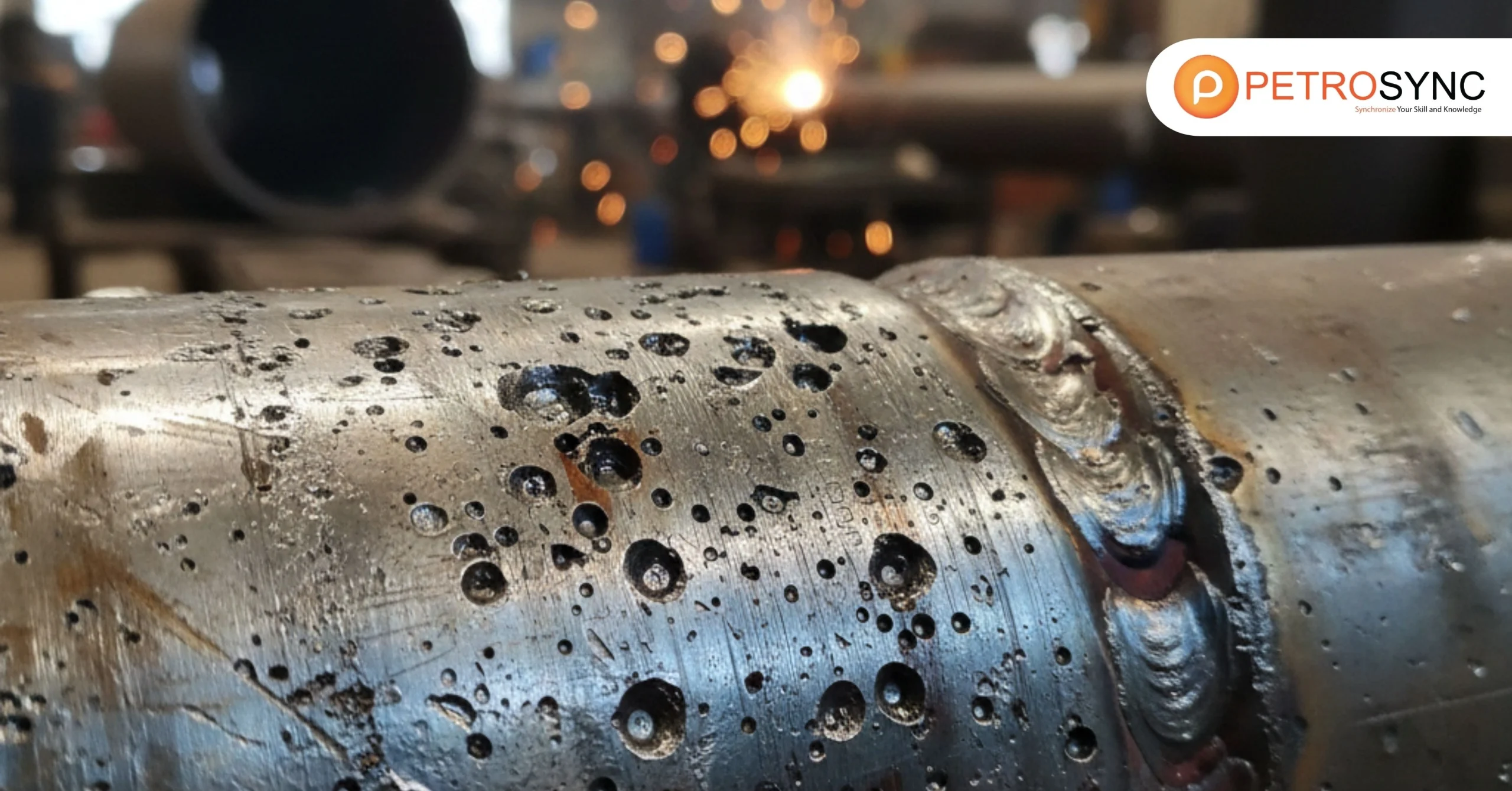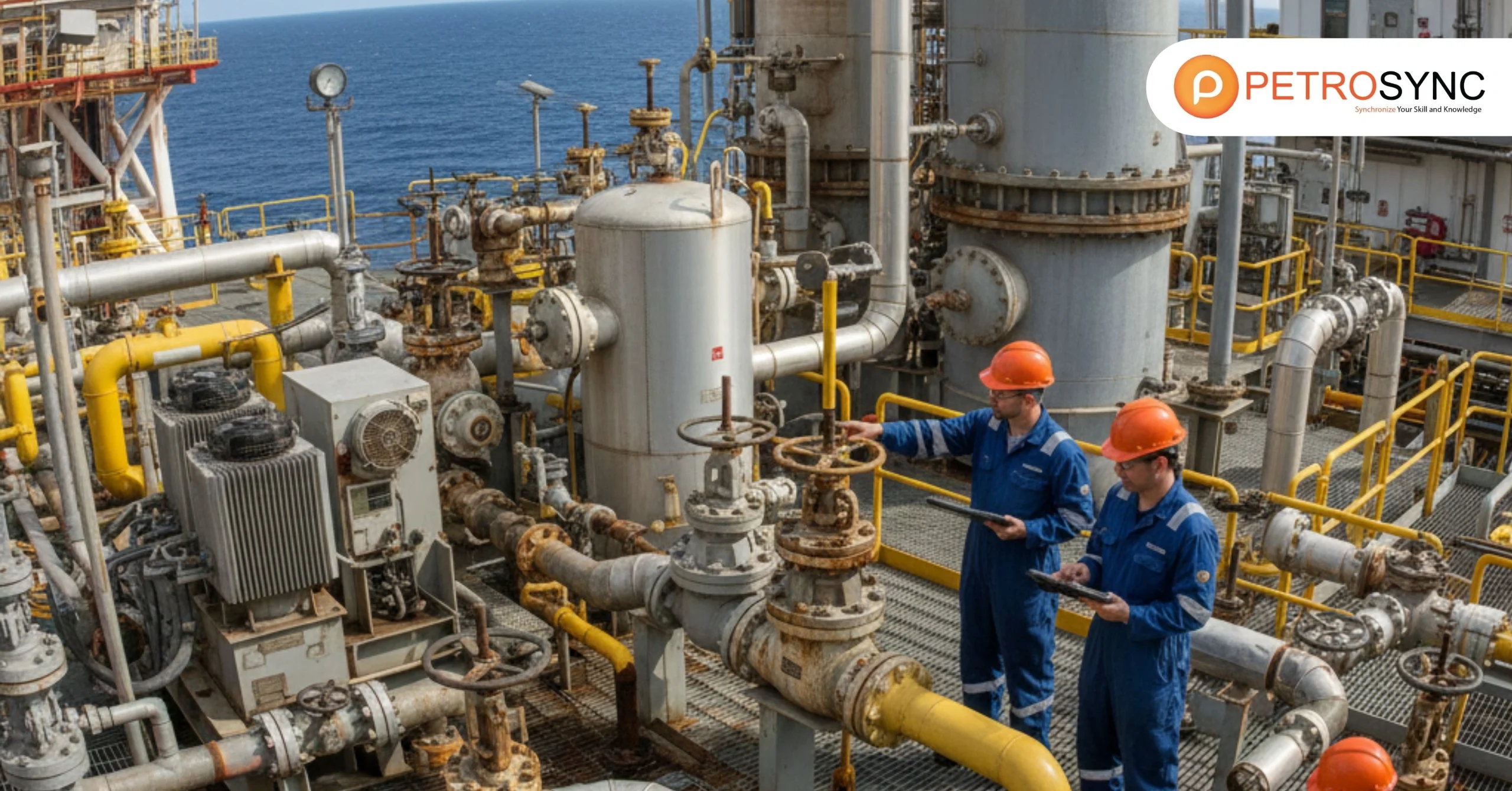Reservoir engineering is a highly specialized discipline that is critical to improving oil and gas production. Reservoir engineers use advanced techniques and technologies to ensure long-term hydrocarbon recovery. Whether you’re seeking for a description of Reservoir Engineer or what it means in the energy industry.
This career path offers exciting opportunities. In this piece, we’ll look at what a reservoir engineer does, what their job duties are, how much they may earn, and what skills they’ll need to succeed.
What Does a Reservoir Engineer Do?

A Reservoir Engineer is studies and optimizes the operation of oil and gas reservoirs. They work with geologists, drilling engineers, and production teams to create strategies that improve resource recovery while reducing costs. They use complex simulation models and reservoir data to anticipate production potential and select the most effective extraction methods.
Reservoir engineers monitor reservoir performance throughout time. Their insights help oil and gas companies adapt to changes in reservoir conditions, ensuring long-term profitability and sustainability. They make key decisions that improve operational performance by leveraging their reservoir property evaluation skills.
In addition to their technical responsibilities, reservoir engineers routinely share findings with stakeholders and make recommendations for drilling new wells or optimizing existing ones. These contributions make them an important part of the energy sector.
How Is The Work Environment of Reservoir Engineers?
Reservoir engineers typically divide their time between office settings and field locations. Their tasks in the office involve data analysis, simulations, and collaborating with colleagues. They visit drilling sites, oversee operations, and perform reservoir evaluations on the field.
Reservoir engineers may encounter offshore platforms or remote areas, necessitating adaptability to dynamic and demanding conditions. Overall, their work environment combines analytical office work with occasional field visits.
Are Reservoir Engineers in Demand?
The demand for reservoir engineers is high due to their essential expertise in optimizing reservoir performance and maximizing production in the oil and gas industry. The demand for reservoir engineers is expected to remain robust as the industry evolves and strives to unlock the full potential of oil and gas reservoirs.
As per industry reports, there is a consistent rise in the demand for petroleum engineers. According to the Bureau of Labor Statistics, petroleum engineering, including reservoir engineers, are projected to experience a steady growth rate of 8% from 2020 to 2031 in employment opportunities. These statistics underline the ongoing demand for reservoir engineers as a crucial element for the future success of the oil and gas industry.
How Much Reservoir Engineer Can Earn?
A Reservoir Engineer’s salary potential can be very high, reflecting the amount of ability required for the job. According to industry data, Reservoir Engineers’ pay varies depending on experience, geography, and company. On average, entry-level reservoir engineers can earn competitive starting salaries that climb considerably with experience and better certifications.
Senior reservoir engineers, especially those working in high-demand areas, can make six figures per year. In addition to a base pay, many professionals receive performance bonuses and other benefits, making reservoir engineering a lucrative career path for those interested in it.
For those asking how much a Reservoir Engineer earns on the job market, the position is among the most financially rewarding in the oil and gas business.
How to Become Reservoir Engineers?
Most reservoir engineers obtain a bachelor’s degree in a petroleum-related field, such as petroleum engineering or chemical engineering, as most companies require this qualification. This degree provides a strong foundation in engineering principles and fundamental knowledge of reservoir engineering.
After getting the degree, you can do the following steps to get a bigger chance of becoming a reservoir engineer.
Prepare for On-The-Job Training
Gain relevant work experience ranging from 2-4 years in related fields, which may include positions like engineering intern, production engineer, or intern. This exposure will allow you to apply your knowledge and develop skills specific to reservoir engineering.
Develop Essential Soft Skills and Technical Skills
Soft skills like creativity, problem-solving, and analytical skills are often favorable by hiring managers, while technical skills in computer modeling, reservoir simulation, data analysis, and relevant software tools commonly used in reservoir engineering can help you succeed in the field.
Build a Professional Network
Join industry associations, attend networking events, and connect with other reservoir engineers and professionals in the field. Networking can lead to valuable opportunities, mentorship, and career growth.
The qualifications and education requirements may vary depending on the employer and region. Researching the specific qualifications companies seek in your desired location is advisable to align your educational and professional development accordingly.
Consider pursuing a petroleum workshop like Advanced Well Log analysis training course to increase your career in the oil and gas industry. PetroSync offers training courses completed with valuable industry knowledge, practical skills, and certifications that can make you more desirable to potential employers and upcoming project collaboration. Some of our relevant training courses are:`
- Applied Drilling and Well Engineering
- Advanced HPHT Well Engineering Training
- Well Integrity – Cased Hole Logging and Reservoir Monitoring
- Well Completion and Workover
- Advanced Well Log Analysis & Interpretation and other related upstream petroleum engineering training.
Investing in these petroleum training courses can demonstrate your commitment to professional growth and enhance your expertise, making you a more competitive candidate in the oil and gas job market.
What Are Reservoir Engineer Skills?
Individuals who work as reservoir engineers must have a combination of technical and analytical skills Expertise in reservoir simulation software, fluid dynamics, and geophysics is required. These abilities enable engineers to accurately assess reservoir performance and make data-driven decisions. Problem-solving and communication skills are as important as technical acumen.
Reservoir engineers regularly collaborate with several teams and must convey complicated concepts to non-technical stakeholders. The capacity to bridge technical knowledge with practical application distinguishes successful professionals. Another important characteristic of reservoir engineers is ongoing learning. The industry is continually changing as new technology and processes emerge.
Is Reservoir Engineering a good career?
Yes, reservoir engineering is an excellent career path for anyone interested in the energy industry, particularly oil and gas. It offers a high salary potential, opportunities for global travel, and the chance to work on creative projects. Reservoir engineers play an essential part in deciding the energy future.
As there is an increasing demand for energy efficiency and sustainable resource management. Engineers usually work with cutting-edge technologies and procedures, thus this field allows for continuing learning.
What are the challenges faced by Reservoir Engineers?
Reservoir engineers face a number of challenges, including managing complex reservoirs, adhering to tight deadlines, and adapting to changing business needs. They must also consider environmental factors while ensuring maximum resource extraction efficiency.
Keeping up with advances in simulation tools and reservoir modeling methodologies is crucial to overcome these challenges. Despite these hurdles, the incentives and opportunities make it an extremely enjoyable career.
What Are The Professional Associations of Reservoir Engineers?
Reservoir engineers can benefit from joining professional associations that provide a platform for networking, knowledge sharing, and career development. Some notable professional associations for reservoir engineers include:
1. Society of Petroleum Engineers (SPE)
SPE is a global organization dedicated to the advancement of the oil and gas industry. They provide helpful materials, technical books, events, and chances to connect with others, all designed specifically for reservoir engineers.
2. Society of Petrophysicists and Well Log Analysts (SPWLA)
SPWLA is an association dedicated to petrophysics and well-log analysis. Reservoir engineers can access technical resources, participate in educational programs, and interact with experts in the field of petrophysics.
In Asia, multiple professional organizations and societies specifically serve reservoir engineers and professionals in the oil and gas industry. Some prominent ones are as follows.
3. Asia Pacific Oil and Gas Conference and Exhibition (APOGCE)
APOGCE is a major conference and exhibition that brings together professionals from the oil and gas industry in the Asia Pacific region. Reservoir engineers can participate in technical sessions, panel discussions, and networking events to exchange knowledge, learn about industry trends, and expand their professional network.
4. Asian Petroleum Technology Symposium (APTS)
APTS is a regional event that focuses on technology advancements and innovations in the petroleum industry. Reservoir engineers can benefit from attending technical presentations, workshops, and exhibitions that showcase the latest technologies and techniques relevant to reservoir engineering.
5. Society of Exploration Geophysicists (SEG) – Asia Pacific Region
SEG is in the Asia Pacific region, offering a platform for reservoir engineers and geophysicists to collaborate and exchange technical knowledge. The organization organizes conferences, workshops, and publications that cover various aspects of reservoir engineering and geophysics.
These professional associations provide reservoir engineers a platform to stay updated on industry trends, expand their professional network, and enhance their knowledge and skills through continuous learning and collaboration with industry peers.
Join Our Comprehensive Reservoir Engineer Training with PetroSync
Do you want to develop your career in reservoir engineering? PetroSync offers a world-class training program for professionals and new graduates in the oil and gas business. With expert lecturers and hands-on learning, this training equips students with the skills and knowledge they need to succeed in reservoir engineering.
PetroSync’s Reservoir Engineer Training covers important topics like as reservoir simulation, production forecasting, and resource optimization. Participants will get practical knowledge through engaging seminars, real-world case studies, and the latest industry innovations. Whether you are new to the profession or wish to develop your skills, this curriculum is tailored to your requirements.
Credit header image: Freepik

Results-oriented and thorough SEO specialist with extensive experience in conducting keyword research, developing and implementing digital website promotion strategies and plans, managing campaigns to develop company websites in the digital world, excellent knowledge of marketing techniques and principles, and attentive strong attention to detail.







